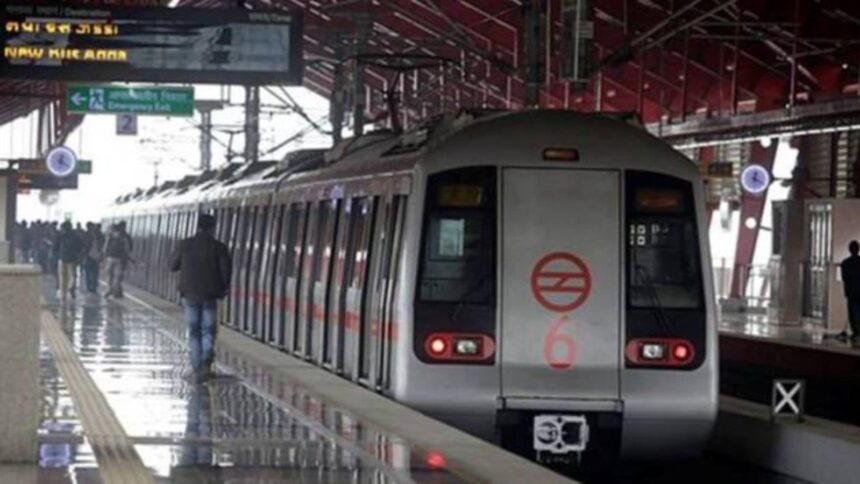Over four decades since the first Metro rail was started in India, the government is considering changes to existing legislation and drafting new policies to speed up new projects and make existing networks more convenient for users, The Indian Express has learnt.
From amending provisions related to land acquisition to new policies for parking at , managing directors of Metro Rail companies and officials of the Union Ministry of Housing and Urban Affairs (MoHUA) have made a range of recommendations at a recent conference. The conference, held on March 31 and April 1 in , saw the participation of senior ministry officials, MDs, and other officers of all metro corporations.
According to sources, all participants raised concerns over the time taken to acquire land for metro projects due to the requirement of conducting a social impact assessment under the Right to Fair Compensation and Transparency in Land Acquisition, Rehabilitation and Resettlement Act, 2013. Citing the examples of Gujarat and Maharashtra, where exemptions had been issued, the conference decided that other state governments should also amend the Act to dispense with the social impact assessment for Metro projects, it is learnt.
The officers also deliberated on amending the Metro Railways (Construction of Works) Act, 1978, which does not require a social impact assessment, but only empowers the Union government for land acquisition. It was decided that “suitable amendment” was needed in the Act to empower the Metro Rail administration or the appropriate government to acquire land as well, a source said.
To increase non-fare revenue, the conference decided that residential development around metro corridors, long-term leases, and higher floor area ratios should be allowed. They also suggested that cargo should be allowed to be transported on metro trains in non-peak hours. The conference decided to set up a committee to suggest policy or legislation to increase non-fare box revenue.
To make metro stations more convenient for users, the officials discussed making more multi-level parking, as well as basement parking at underground stations. For this, too, they decided to set up a committee for drafting a parking policy, according to sources.
As of January this year, there is about 1,000 km of metro network functional across 23 cities, with around 1,000 km more under construction, as per data from the Ministry of Housing and Urban Affairs. This makes India’s metro network the third largest in the world. The first metro was opened in in 1984.
While evaluating the functioning of metros in the country, the Parliamentary Standing Committee on Housing and Urban Affairs had in 2022 flagged the need to increase ridership and flagged the lack of parking as one of the reasons for commuters to stay away. As of December 2024, the total daily ridership of all Metros was around 1 crore. The committee had also recommended increasing non-fare box revenue.
“It is disheartening for the Committee to observe that barring Delhi and Line 1, most of the operational metros viz metro, metro, metro, metro, Kolkata metro and Kochi metro have low ridership…The dismal performance of the majority of the metro rail networks in terms of carrying passengers enough to breakeven even after six to seven years of continuous operations shows that (i) faulty DPRs [detailed project reports], (ii) lack of proper planning to provide first and last mile connectivity, (iii) provision of parking at metro rail stations, (iv) need for increasing catchment area, etc,” the committee’s report in April 2022 had said.
The committee had recommended that a “compelling proposition should be made available to them [commuters] in terms of comfort, convenience, quality, affordability and reliability, etc.”








